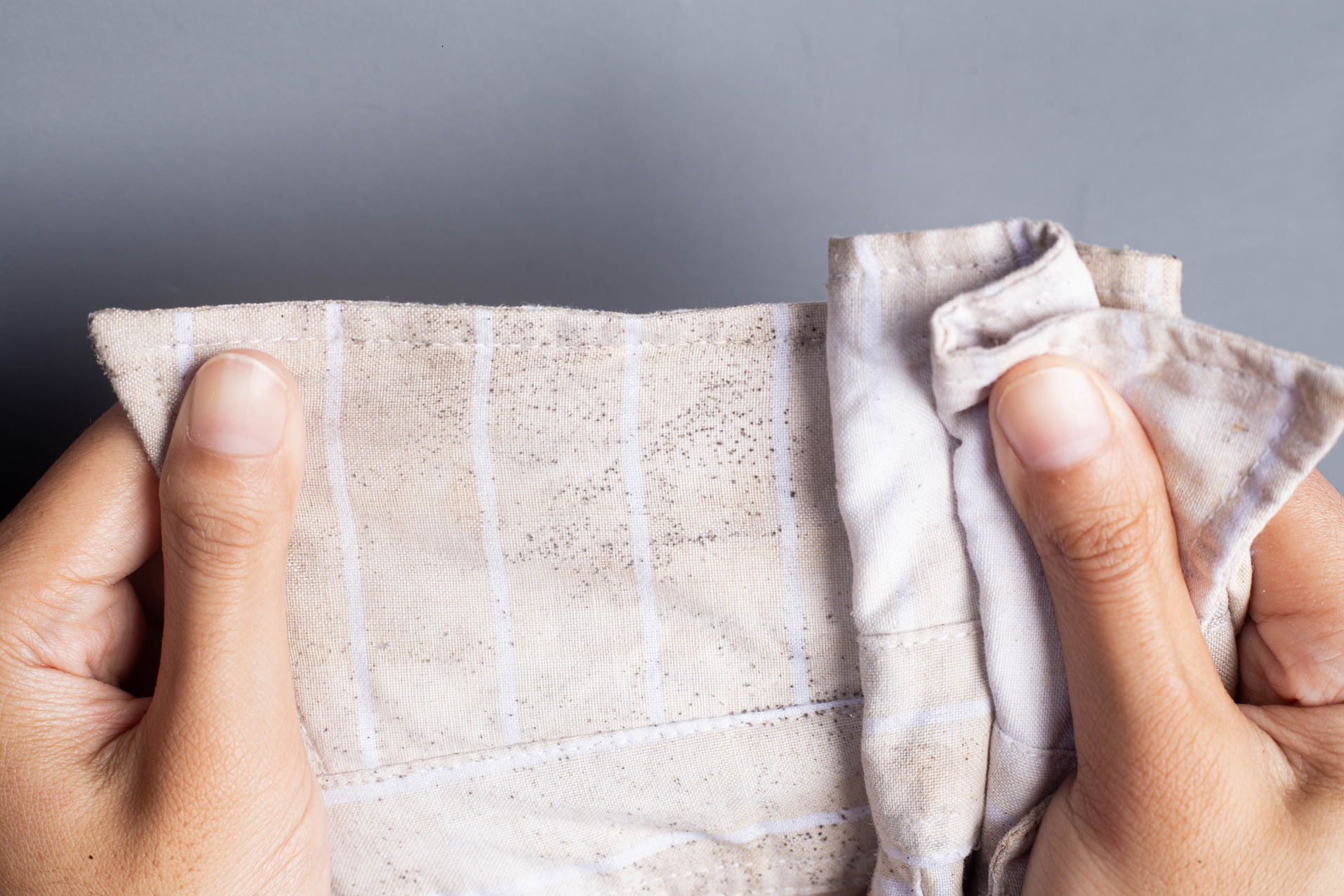

If you suspect the presence of mold in your home, be vigilant for the following warning signs:
Strange Musty Odors: Unusual, musty smells in specific areas of your home may indicate the presence of mold.
Worsening Asthma or Allergies Indoors: If asthma or allergy symptoms intensify when indoors, it could be a sign of mold-related issues.
Persistent Cough, Cold, or Fatigue: Unexplained or persistent respiratory symptoms, such as coughing, cold-like symptoms, or fatigue, may be linked to mold exposure.
Recent Water or Moisture Issues: Any recent incidents of water leaks, flooding, or persistent moisture problems can create conditions favorable for mold growth.
Dark Stains on Walls or Ceilings: Dark, discolored stains on walls or ceilings, especially in areas with a history of moisture problems, may indicate mold growth.
Peeling Wallpaper: Wallpaper that is peeling or shows signs of warping may suggest underlying moisture issues and potential mold growth.
If you observe these warning signs, it’s advisable to investigate further and address any potential mold problems promptly. Professional assistance may be necessary for thorough mold inspection and remediation. Mold issues can adversely impact indoor air quality and pose health risks, making it essential to address them effectively.
The procedures for withholding rent or terminating a lease in response to mold can differ based on local regulations and the stipulations of your lease agreement. It is crucial to seek guidance from a legal professional, such as Giragossian Law, to gain a clear understanding of your rights and responsibilities tailored to your unique circumstances.
Under California law (Civil Code Section 1942.5), it is illegal for a landlord to retaliate against a tenant for exercising their rights or making complaints about the habitability of a dwelling. Specifically:
Civil Code Section 1942.5: (a) If the lessor retaliates against the lessee because of the exercise by the lessee of the lessee’s rights under this chapter or because of the lessee’s complaint to an appropriate agency as to tenantability of a dwelling, and if the lessee of a dwelling is not in default as to the payment of rent, the lessor may not recover possession of a dwelling in any action or proceeding, cause the lessee to quit involuntarily, increase the rent, or decrease any services within 180 days of any of the following: This provision protects tenants from retaliatory actions by landlords and ensures that exercising their rights or reporting health and safety issues does not result in adverse consequences. If a landlord engages in retaliation within the specified timeframe, they may be prohibited from taking certain actions against the tenant.
Contact Giragossian Law for a free consultation to determine whether you may have a viable case.
If you’re facing severe mold and mildew issues that are impacting your living conditions, you might be entitled to a rent reduction or compensation. Giragossian Law can assist you in understanding your rights and potentially negotiating with your landlord.
